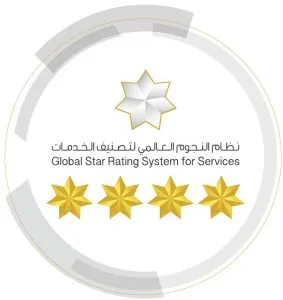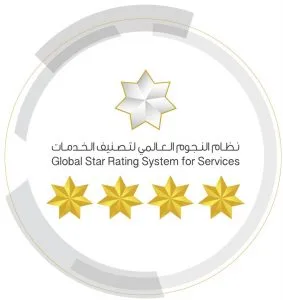13/04/2014
Have you ever hesitated to take the appropriate action towards a certain challenge but have failed to act? Have you ever waited for a solution from someone else, through a certain instruction or through a gesture to act upon?
Have you waited until you build confidence in yourself or even until obstacles have vanished so as it will be easy for you to achieve your goals?
If yes, then you are a person who does not have initiative and who is not interested in being an active member in his/her practical or humanitarian environment. Nevertheless, you have to be cautious because the longer you are so, the more this passive attitude is firmly established and the more difficult for you to take a step or move on your own. Hence, you will keep waiting and waiting without doing anything.
The truth is that no challenge or problem will be solved by itself and no obstacles will be removed without your effort. Likewise, no one will volunteer to achieve your goals.
Every minute that passes with you standing in the same location means you are more steps behind and away from believing that by doing so, you are sitting in the comfort zone where there are no problems and you do not need to make any effort. The truth is that you are in the area of oblivion, retardation and setback, and therefore you have to wake up and recognize the meaning of initiative and how to have a positive attitude towards everything around you.
When anyone of us feels lazy and avoids taking any action toward any incident, they do so because they convinced themselves that the situation is very difficult, that they would not be able to confront it by moving forward and that there is nothing that would necessitate them to be the first to take the initiative to solve the problem, given that the situation is insoluble.
Do you know what the solution here is?
The more firm steps, albeit small, you take towards achieving your goals, the more you are interested in taking initiatives. Hence, the steps that will follow will become easier with every step you make. At last, you will discover that these small steps have a great effect despite the little effort you need to exert. You will also begin to enjoy what you have done and accomplished because you have started to have initiative and act confidently and the effort you have exerted has yielded excellent and significant results.
Are you ready now to make a few steps forward and be a person with initiative?



